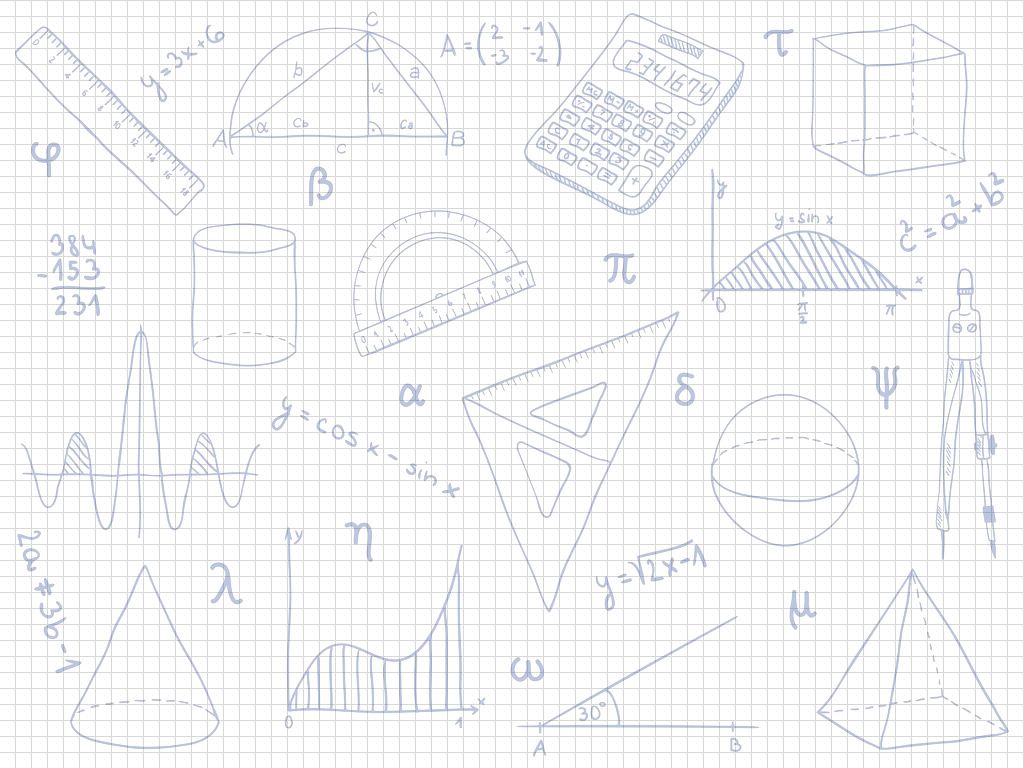It’s about WHY not HOW
Our curriculum is based on the best of Russian, American and Singapore pedagogical traditions, which emphasize reasoning over memorization. Asking “why” encourages students to dig deeper, and focus on the underlying principles. Students develop critical thinking skills and are able to think creatively in order to solve complex, non-linear problems.
Beyond MATH
There is more to math than counting! Our curriculum includes a variety of logic and unusual problems, including ones from the international and American math Olympiads. Students enjoy solving these problems, and at the same time they are gaining a critical skill for success. Logical problems appear in the many standardized tests, such as LSAT and GRE. Companies, like Google and Apple, have incorporated logic problems into their interviewing process.
Beyond PAPER & PENCIL
We use a wide range of manipulatives, construction sets, geometrical games and mosaics to help our students intuitively understand and visualize abstract mathematical concepts.
SMALL groups
A small group is an ideal environment for learning. Teachers use the Socratic Method, and facilitate meaningful class discussions about problems. Students learn better when they participate in discovering the answer, rather than hearing the solution from the teacher.
Small groups also give teachers an ability to devote more time to each student. A teacher can constantly monitor the progress of each student during the lesson.
TAILORED curriculum
Our program is tailored to fit the needs and interests of our students. Within each group, students have similar knowledge and exposure to math. This allows us to cover a wide range of topics, and introduce students to challenging material without leaving anyone behind. Having five different levels for every grade helps us to find the right group for every student.
SPATIAL reasoning
We use dozens of puzzles and construction sets to teach students spatial reasoning. Students have a natural interest in building, and we encourage them to develop 3D thinking. This is an invaluable skill for advanced geometry classes in high school and beyond.




